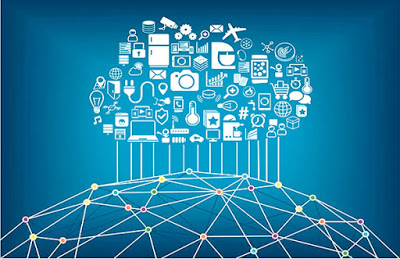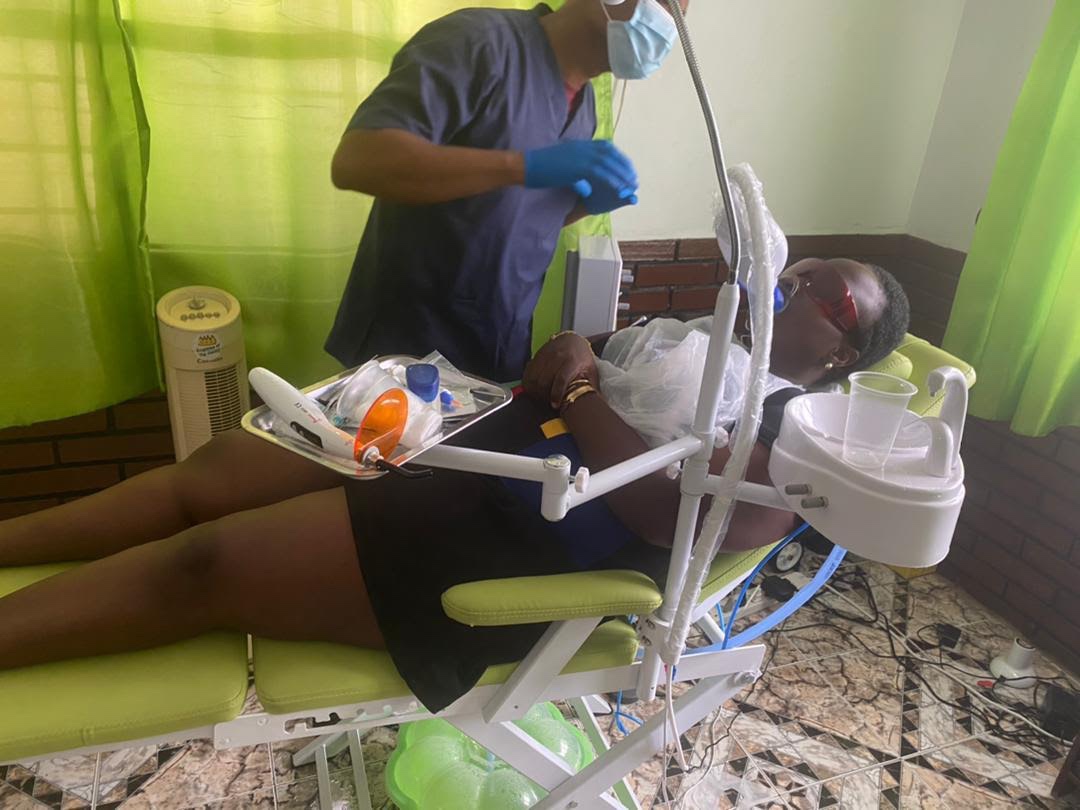
Internet traffic has increased in Lagos and other states where the lockdown, which aims to reduce the spread of coronavirus, has taken effect.
With workers leveraging the Internet for online education, teleworking, gaming and entertainment, there has been a rise in Internet traffic recorded by the Internet exchange point.
The Chief Executive Officer, Internet Exchange Point of Nigeria, Muhammed Rudman, said a surge in Internet traffic was noticed on Tuesday when the lockdown took effect in selected states, especially in Lagos.
According to him, Internet traffic has increased by 10 per cent in the past one week as many companies had introduced work-from-home policy a week before the government-imposed lockdown.
IXPN is a centre point for local traffic exchange between network operators and Internet Protocol providers.
“We noticed an increase in traffic and we are trying to encourage our members to upgrade their ports. For Lagos in particular, we have seen an increase today.
“We started noticing an increase a week ago; about 10 per cent increase in traffic. As more people start to work from home and students start learning online, we expect the traffic to be much higher.”
He said members of the exchange point had been advised to upgrade their port to avoid congestion on their networks.
Rudman added, “For us, we have enough capacity to handle the traffic but our members need to upgrade to higher port capacity.
“Our members interconnect to us on port capacity. For example, some are connected in 1Gigabyte, others 10GB or 40GB.
“If they reach the threshold of that capacity, they will need to upgrade; if not, there will be congestion on the link.”
Meanwhile, Nigerians are demanding a reduction in the price of data as many were heavily reliant on the Internet for business and personal communication during the coronavirus pandemic.
While some are asking for free data, others are clamouring for a reduction in data prices.
The President, National Association of Telecoms Subscribers, Adeolu Ogunbanjo, appealed to all network operators to offer free data to subscribers during this period as many Nigerians had resorted to remote work.
According to him, many Nigerians are not meeting their income expectations at this time and the price of data has become a huge burden.
“It is a way to give back to Nigerians as many people actually need to work from home. They should at least give us some free data. It is an appeal to all network operators, especially on data. Everyone is losing income in this economy,” Ogunbanjo added.
The National President, Association of Telephone, Cable TV and Internet Subscribers, Adesina Bilesanmi, also called on telecommunications companies to reduce tariffs for voice and data services on their networks in the light of the current disruption triggered by coronavirus pandemic.
He stressed that as most companies had resorted to remote operations and people were dealing with restriction in movement, there were high dependence on voice calls, short messaging and data services to keep up with daily business trends and social realities.
Bilesanmi urged the operators to be patriotic and not exploit the disruption caused by the pandemic as an opportunity to rake in easy money.
He said, “With self-isolation, and with the Federal Government directive that many institutions be closed as well as curfew in some states to ensure that the spread of the virus is curtailed, this will naturally lead to a change in consumer behaviour.
“These changes are reflected in the uptake in the usage of collaborative tools to communicate, to do business and work from home as well as e-learning starting from primary, secondary to tertiary institutions.”
He urged the network operators to prioritise patriotism above personal gains and gratification.
The Duke and Duchess of Cambridge Prince William and Kate Middleton just welcomed their third child and second son to...
Zahab Aesthetics and beauty Ltd, is a Medical spa,cosmetic products company and unisex salon located at Zahab building opposite...
Billionaire philanthropist and Microsoft co-founder, Bill Gates, has said Nigeria’s health spending is far too small to adequately address...


